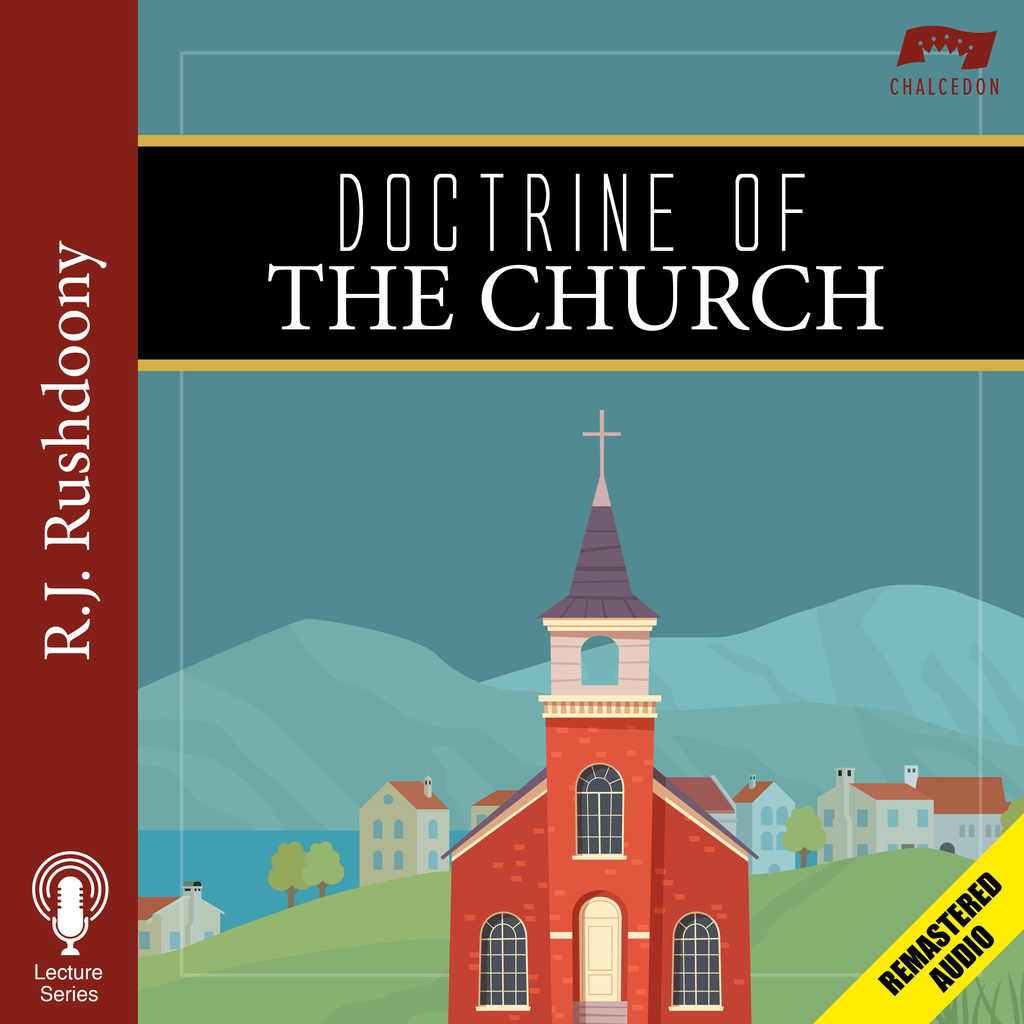
Laymen and the Church
The church must be in the real world, and we can best understand the work of the laymen in the church if we see laymen as a chaplaincy into the world at large. The real world out there is where the church belongs. A layman does not leave the church when he walks out of the building. He is a part of the church, and he must carry Christ into his vocation, into his family, into every aspect of his life. So the role of the layman in the church is as a chaplaincy to the world. Every man in scripture is an elder over his family.

- R. J. Rushdoony
The church must be in the real world, and we can best understand the work of the laymen in the church if we see laymen as a chaplaincy into the world at large. The real world out there is where the church belongs. A layman does not leave the church when he walks out of the building. He is a part of the church, and he must carry Christ into his vocation, into his family, into every aspect of his life. So the role of the layman in the church is as a chaplaincy to the world. Every man in scripture is an elder over his family.

- R. J. Rushdoony
Rev. R.J. Rushdoony (1916–2001), was a leading theologian, church/state expert, and author of numerous works on the application of Biblical law to society. He started the Chalcedon Foundation in 1965. His Institutes of Biblical Law (1973) began the contemporary theonomy movement which posits the validity of Biblical law as God’s standard of obedience for all. He therefore saw God’s law as the basis of the modern Christian response to the cultural decline, one he attributed to the church’s false view of God’s law being opposed to His grace. This broad Christian response he described as “Christian Reconstruction.” He is credited with igniting the modern Christian school and homeschooling movements in the mid to late 20th century. He also traveled extensively lecturing and serving as an expert witness in numerous court cases regarding religious liberty. Many ministry and educational efforts that continue today, took their philosophical and Biblical roots from his lectures and books.